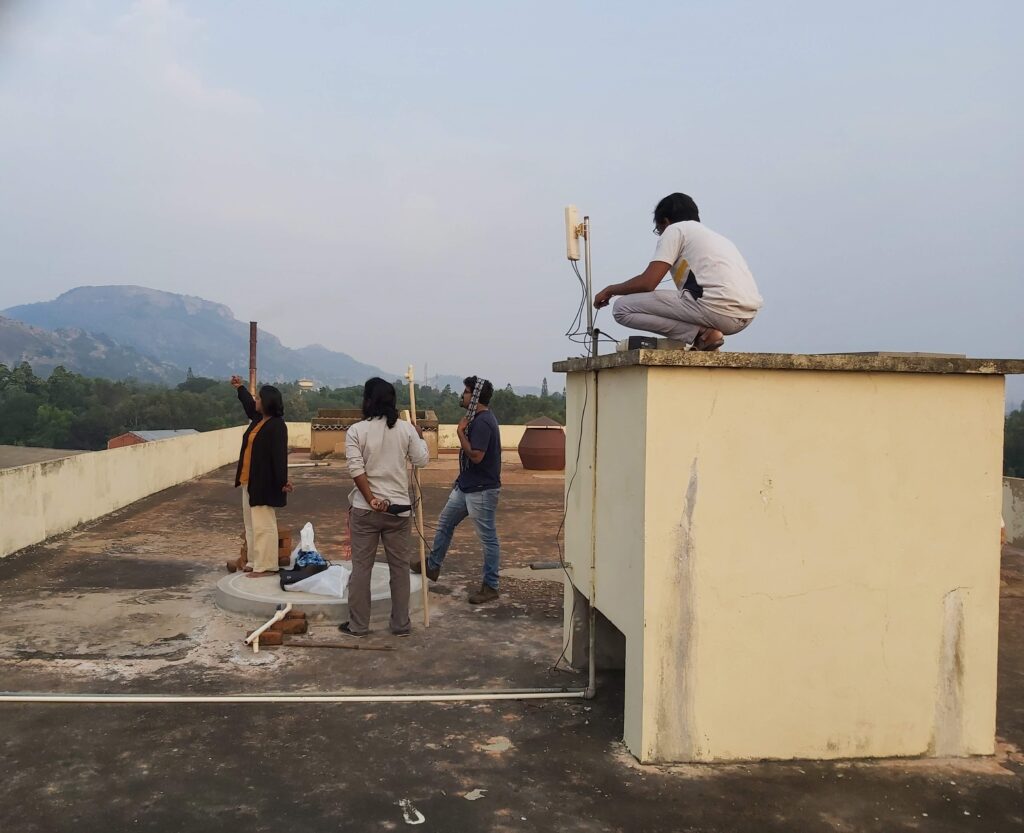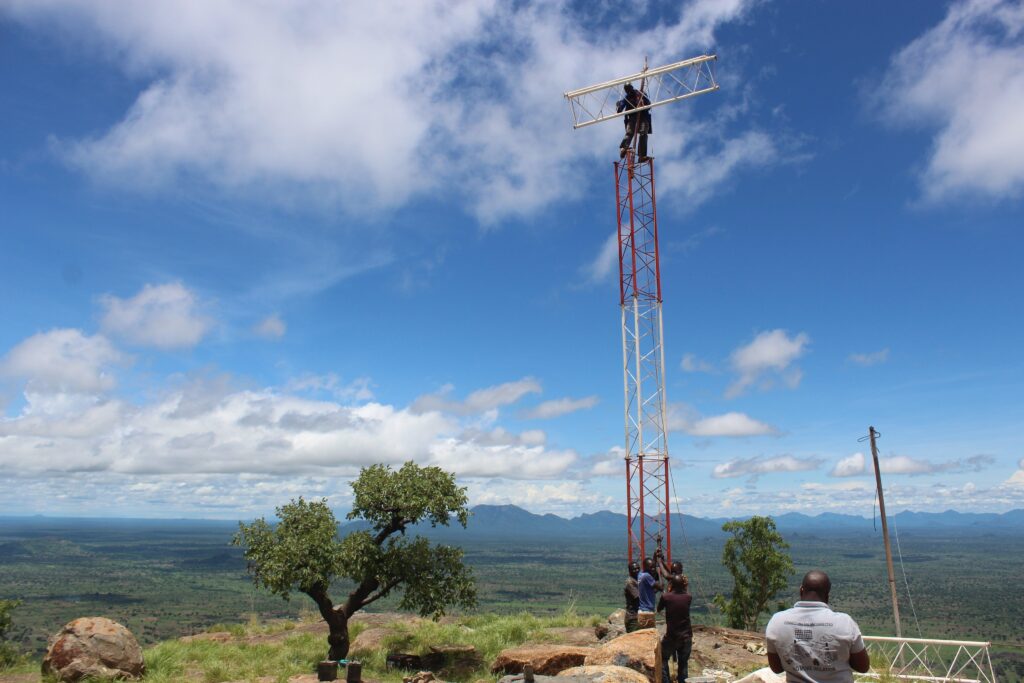Understanding internet shutdowns’ impact on connectivity
In this blog we explain what internet shutdowns are and their consequences for equitable access to internet connectivity


Have you ever found yourself suddenly cut off from the internet? Perhaps you’ve heard of others experiencing this, or maybe you’ve experienced it yourself. Internet shutdowns are a reality in various parts of the world, disrupting communication and access to information. But what exactly are they, and how do they affect equitable access to connectivity.
In this article, we delve into the depths of internet shutdowns, exploring their causes, current occurrences, and the far reaching consequences they have.
Defining internet shutdowns
An internet shutdown occurs when access to the internet is deliberately restricted or completely blocked by governing or controlling entities. These shutdowns can stem from various motives, ranging from energy shortages to political agendas.
Often, they are employed during times of political unrest or protests, serving as a means to control the flow of information and suppress disagreeing voices.

Tracking global internet shutdowns
At almost all times, there are internet shutdowns around the world. They are not isolated incidents. Internet Society maintains an interactive map with an overview over all the places that are currently experiencing internet shutdowns.
At time of writing, we can see that the internet is unavailable in 8 countries due to it being blocked. If we look at all of 2024, there have been a total of 19 disruptions to internet access due to government-imposed restrictions.
Looking at the last six months of Internet Society’s map, we see that the shutdowns vary between regional and national. In most instances it lasts for only a few hours or a couple of days as a response to specific events.
We also see that the impact of the shutdowns are different. In some instances only a few sites are blocked, for example social media sites. Elsewhere the entire access to the internet is shut off, leaving people without connectivity altogether.
From the ongoing internet shutdowns at time of writing, whether they are regionally or nationally, we see that they have been issued as a response to ongoing conflict. This is the case in Russia, where several social media platforms have been blocked. Another example is in Sudan, where the internet has been shut down allegedly due to civil unrest within the country.
According to the map, India experiences the most regional shutdowns, and also has the record in the amount of internet shutdowns compared to the rest of the world. While most of them last only a few hours or a couple of days, there is also an ongoing mobile network and VPN shutdown following incidents of violence and confrontations between civilians and security forces.

The effects of internet shutdowns
The effects of internet shutdowns extend far beyond mere inconvenience, significantly impacting equitable access to connectivity.
- Little access to information
The unavailability of the internet restricts access to crucial information, from news updates to essential services. This limitation prevents individuals from accessing vital resources and services hindering their ability to stay informed and connected. - Disruption of important services
Internet shutdowns disrupt access to online services, including banking, healthcare, and communication tools. In healthcare, for instance, the internet serves as a lifeline for distributing critical information and facilitating communication between patients and providers. Shutdowns can jeopardize lives by limiting access to essential healthcare resources, especially during emergencies or health crises. - Putting pressure on education
With the internet becoming more and more important to education and job opportunities, internet shutdowns pose significant setbacks to educational progression. Disruption in access to online resources, classes, and communication platforms hinder learning and teaching processes, widening existing educational inequalities. - Economic fallout
The internet is a cornerstone of modern economies, facilitating commerce, trade and business operations. Shutdowns disrupt these activities, resulting in financial losses for businesses, particularly those who rely on online transactions and communication channels.
Deepening the digital divide
Apart from the more specific consequences of internet shutdowns, they also come with long term consequences for global development. Internet shutdowns threaten to worsen the already existing inequalities in internet access. In areas where the internet is slower or less widespread than elsewhere, it is also more often blocked or shut down altogether.
The many initiatives happening worldwide to bridge the digital divide face constant disruptions as a consequence of internet shutdowns. If internet infrastructure is available, but blocked from time to time by local authorities or governing parties, the internet is not free to be used.
The long term consequences for global development is that certain parts of the world will face consistent constraints and won’t be able to catch up with the economic, social, environmental and political development. This not only has consequences for the regions or nations directly affected by the internet shutdowns, but will also indirectly affect the rest of the globalized world, who won’t be able to get access to the vast amounts of information, knowledge, and potential trade these areas have to offer.
Internet shutdowns in one country can disrupt global supply chains, particularly in industries reliant on digital communication and e-commerce. It can also hinder international trade by limiting access to online trading platforms, digital payment systems, and communication channels essential for conducting cross-border transactions. Lack of access to information or knowledge affects innovation, collaboration, and economic opportunities, particularly for businesses and researchers seeking to engage with diverse global networks.

Taking action for a connected future
As internet shutdowns continue to pose challenges to equitable access to connectivity, it’s important to look for solutions. Due to internet shutdowns, many people will continuously experience disadvantages in education, economic opportunities, and general development. By promoting digital literacy and investing in good internet infrastructure we can continue to develop for the future where everyone enjoys unrestricted access to the vast resources of the digital world.
Do you have experiences with internet shutdowns? Share your insights on our social media! X, LinkedIn, Facebook